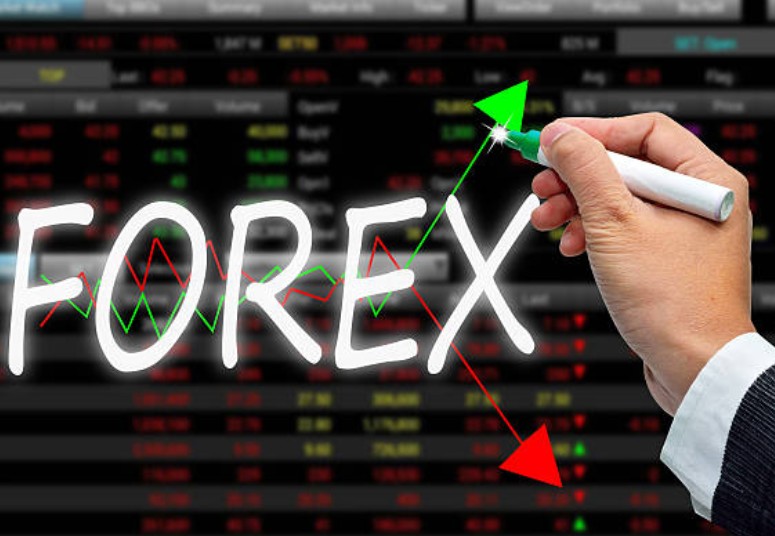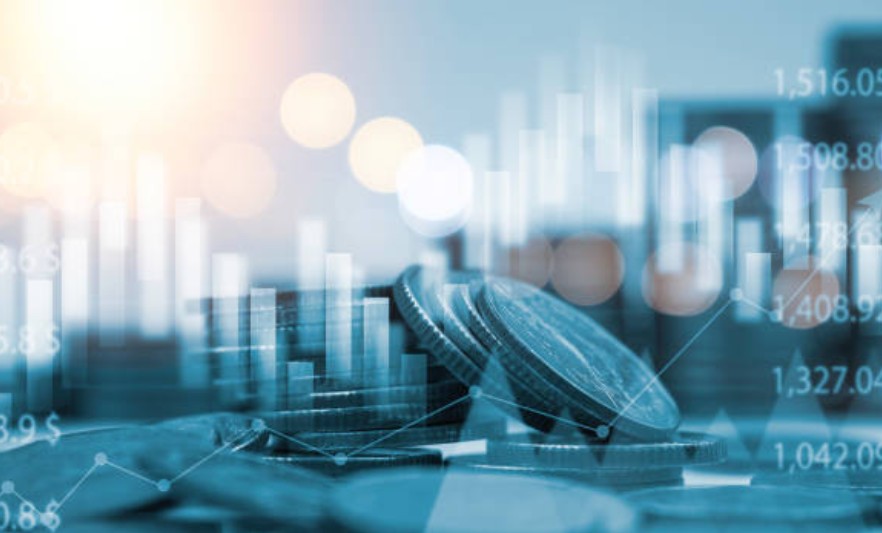The foreign exchange market (Forex) is the largest and most liquid financial market in the world, where currencies are traded around the clock. But how does the Forex market work, and why is it crucial for businesses, investors, and everyday consumers in the UK?
This comprehensive guide will take you from the basics of Forex trading to advanced market concepts. Whether you’re an aspiring trader, a business owner dealing with international transactions, or simply curious about how exchange rates impact your finances, this article will help you understand every crucial aspect of Forex trading.
What Exactly Is the Forex Market and Why Does It Matter?

The Forex market is a global, decentralized exchange where currencies are bought and sold. Unlike stock markets that operate from physical locations like the London Stock Exchange (LSE) or New York Stock Exchange (NYSE), Forex trading happens electronically through an interconnected network of financial institutions, banks, and individual traders.
Why Is Forex Important for the UK?
The UK is a major player in the global Forex market, with London serving as the largest Forex trading hub, accounting for nearly 40% of global Forex transactions. Here’s why Forex matters to UK residents:
- Cost of Living: Exchange rate fluctuations influence the prices of imported goods.
- Travel Expenses: A weaker GBP means more expensive foreign holidays.
- Interest Rates & Mortgages: The Bank of England adjusts monetary policies based on currency movements.
- Stock Market & Investments: Forex trends affect the FTSE 100 and other investment assets.
With an estimated £5.5 trillion traded daily, Forex is an economic powerhouse, and staying informed about its workings can help individuals and businesses navigate financial risks better.
How Does the Forex Market Work?
Forex trading takes place through a global network of financial institutions, brokers, and individual traders. Unlike stock exchanges, Forex does not have a central physical location but operates electronically over-the-counter (OTC).
Who Participates in the Forex Market?
Several key players are involved in the Forex market:
- Central Banks: Influence currency values by setting interest rates.
- Commercial Banks: Conduct the majority of Forex transactions.
- Retail Traders: Independent investors who analyze and trade currencies for profit.
- Corporations: Multinational companies that hedge currency risk.
How Are Currencies Traded in the Forex Market?

Forex trading always involves currency pairs, where one currency is exchanged for another.
- Major Pairs: Most frequently traded and stable, including GBP/USD, EUR/USD, USD/JPY.
- Minor Pairs: Less common but still significant, such as EUR/GBP, GBP/AUD.
- Exotic Pairs: Combinations of a major currency with an emerging market currency, such as GBP/TRY (Turkish Lira).
Forex traders make money by correctly anticipating price movements, which are influenced by global economic events, interest rates, and geopolitical factors.
Why Does Forex Trading Impact the UK Economy?
How Do Exchange Rates Affect Everyday Life?
The strength of the British Pound (GBP) directly influences economic factors, including:
- Imports & Exports: A strong GBP makes imports cheaper but reduces UK export competitiveness.
- Inflation & Interest Rates: The Bank of England manages currency fluctuations to stabilize the economy.
- Investor Confidence: Political events such as Brexit have historically impacted Forex volatility.
Current Forex Market Trends (2025)
Here’s a snapshot of the most traded Forex pairs in the UK market:
| Currency Pair | Trading Volume (Daily) | Peak Trading Hours (GMT) | Volatility Level |
| GBP/USD | £1.2 Trillion | 08:00 – 16:00 | Moderate |
| EUR/GBP | £800 billion | 07:00 – 15:00 | Low to Moderate |
| USD/JPY | £1.5 Trillion | 00:00 – 08:00 | High |
| GBP/EUR | £750 billion | 09:00 – 17:00 | Moderate |
These figures indicate the liquidity and trading opportunities available in the UK market.
What Are the Risks and Rewards of Forex Trading?
Why Is Forex Trading Profitable?

Forex attracts traders because of its benefits:
- Leverage: Trade large positions with a small capital investment.
- Liquidity: The vast size of the market allows quick transactions.
- 24/5 Market: Unlike stocks, Forex operates 24 hours a day on weekdays.
What Are the Potential Risks?
Forex trading is not without challenges:
- Market Volatility: Prices can shift dramatically within seconds.
- Risks of Leverage: Excessive leverage increases the potential for substantial financial losses.
- Scam Brokers: Always choose an FCA-regulated broker for security.
How Can Beginners Start Trading Forex in the UK?
What Are the First Steps to Trading?
- Educate Yourself: Learn Forex basics before investing real money.
- Select an FCA-Regulated Broker: Ensure legal protection and financial security.
- Practice With a Demo Account: Test your skills in a risk-free environment.
- Use Risk Management Strategies: Set stop-loss orders to limit potential losses.
- Stay Updated on Market News: Follow financial news to anticipate price movements.
What Strategies Help Traders Succeed?
- Technical Analysis: Using charts, indicators, and patterns to predict trends.
- Fundamental Analysis: Evaluating economic and political developments.
- Scalping & Day Trading: Short-term strategies aimed at small but frequent profits.
Final Thoughts
Understanding how does the Forex market work is essential for traders, investors, and businesses alike. The UK plays a crucial role in global Forex trading, and staying informed about currency movements can help you make smarter financial decisions.
Whether you’re looking to trade professionally or simply understand how exchange rates affect your daily life, knowledge of Forex is a valuable tool.
What Are the Most Frequently Asked Questions About Forex?
Can I Trade Forex Without a Broker?
Traders cannot access the Forex market directly and require a broker to facilitate their trades. Ensure you choose a UK-based FCA-regulated broker.
What Is the Minimum Investment Required to Begin Trading?
Some brokers allow trading with just £50, but a minimum of £500–£1,000 is recommended for serious trading.
Is Forex Trading Taxable in the UK?
Yes, Forex profits are subject to capital gains tax, except for spread betting, which is tax-free.
When Is the Optimal Time to Trade Forex in the UK?
The London session (08:00 – 16:00 GMT) provides the highest liquidity and best trading opportunities.
Can Forex Trading Be a Full-Time Career?
Yes, but it requires experience, discipline, and a solid risk management plan.






